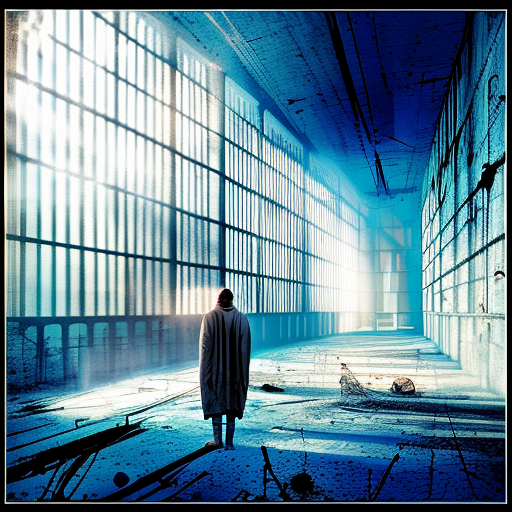Summary:
Discipline and Punish: The Birth of the Prison by Michel Foucault explores the historical development of the prison system and its impact on society. Foucault examines the transition from public forms of punishment, such as public executions, to the modern prison system. He argues that the prison system is not just a place of punishment, but also a mechanism of power and control. Through detailed historical analysis, Foucault reveals how the prison system has shaped modern society and the ways in which individuals are disciplined and controlled.
The Spectacle of Punishment
Foucault begins by discussing the public spectacle of punishment in the 18th century, where individuals were subjected to brutal forms of torture and execution. He argues that these public displays of punishment served as a means of asserting power and control over the population. However, Foucault suggests that this form of punishment was gradually replaced by the prison system, which operated as a more efficient and subtle method of discipline.
The Birth of the Prison
Foucault traces the birth of the prison system to the late 18th century and the emergence of the modern penitentiary. He explores the architectural design of prisons, highlighting how they were specifically constructed to exert control over the inmates. Foucault argues that the prison system operates as a disciplinary mechanism, where individuals are subjected to a strict regime of surveillance, punishment, and normalization. He emphasizes that the prison system is not solely concerned with punishing criminals, but also with transforming and disciplining individuals to conform to societal norms.
Power and Control
Foucault delves into the various techniques of power and control employed within the prison system. He introduces the concept of panopticism, where inmates are constantly under surveillance, even when they are not being directly observed. This constant surveillance creates a sense of self-discipline within the prisoners, as they internalize the gaze of the authorities. Foucault argues that this form of power extends beyond the prison walls and permeates society, shaping the behavior and actions of individuals.
Key Takeaways:
- The prison system is not just a place of punishment, but also a mechanism of power and control.
- The transition from public forms of punishment to the modern prison system represents a shift in societal power dynamics.
- The prison system operates as a disciplinary mechanism, transforming individuals to conform to societal norms.
- Constant surveillance within the prison system creates a sense of self-discipline and control.
- The power dynamics within the prison system extend beyond its walls and shape societal behavior.
“The ‘carceral archipelago’ has become one of the most important forms of social control in contemporary society.”
In Discipline and Punish: The Birth of the Prison, Michel Foucault provides a thought-provoking analysis of the prison system and its impact on society. By examining the historical development of punishment and the emergence of the modern prison, Foucault reveals how power and control are intricately woven into the fabric of our society. The book challenges readers to critically reflect on the ways in which individuals are disciplined and controlled, both within the prison system and in broader social contexts.












